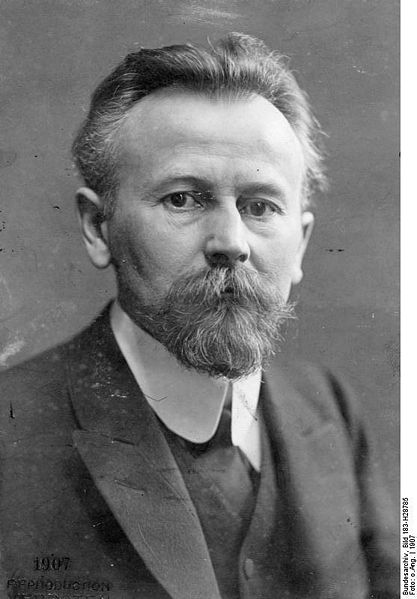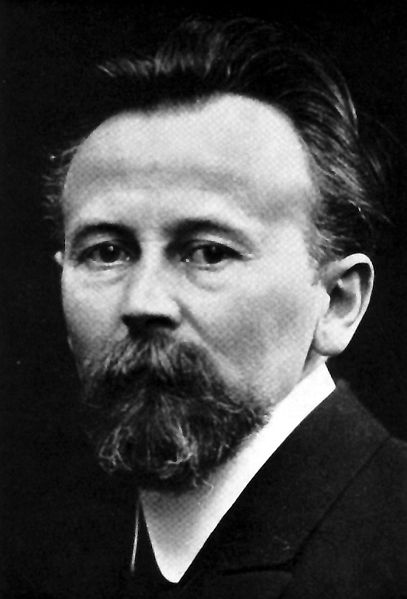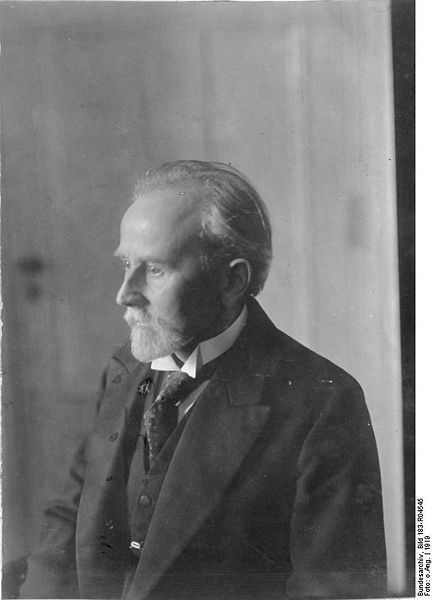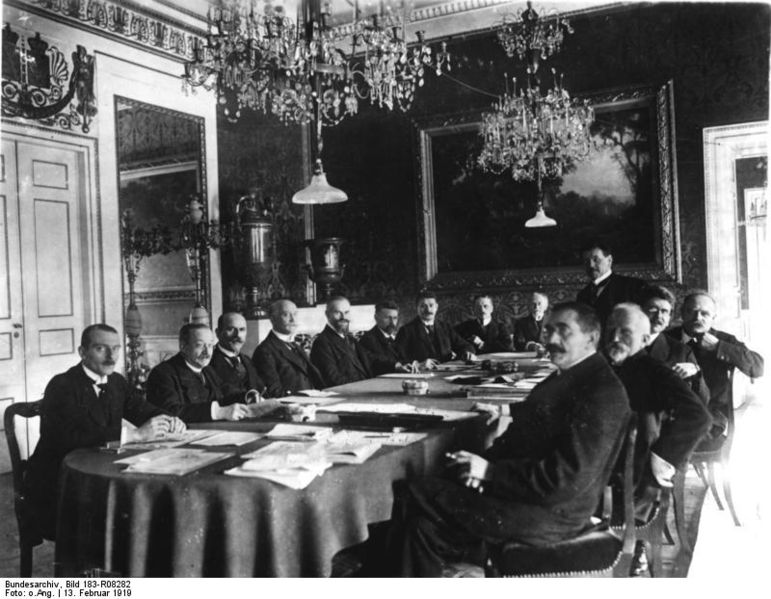<Back to Index>
- Literary Critic Vissarion Grigoryevich Belinsky, 1811
- Photographer Julia Margaret Cameron, 1815
- Minister of the Interior Eduard Heinrich Rudolph David, 1863
PAGE SPONSOR



Eduard Heinrich Rudolph David (* June 11 1863 in Ediger on the Moselle , † December 24th 1930 in Berlin) was a German politician of the Social Democratic Party of Germany (SPD).
David stood since the 1890s on the right wing of the party. After his first political and journalistic experiences in the Grand Duchy of Hesse, he called on the SPD to turn towards rural voters and farmers' groups. In the ensuing revisionist controversy, he defended the policies of Eduard Bernstein, while doubting the validity of the key social and revolutionary ideas of Karl Marx. Like other leading Social Democrats from southern Germany, he also supported a systematic policy of alliance with centrist parties and groups of the bourgeoisie for attaining democratic and social advances. This position was defeated as official party policy at the beginning of World War I.
David was most influential in the years between 1914 and 1919. He is regarded as a key supporter of the policy that led to the truce. In 1918 he reached the top of his political career. He was appointed several times in ministerial posts during the Weimar Republic. Until 1919 his assessment was that Germany had carried a defensive war. This assumption had previously formed the basis of his political outlook.
David held parliamentary seats first at the local level in Hesse, and later at the German Reichstag. He also was in 1919 a member of the National Assembly and its first president.
